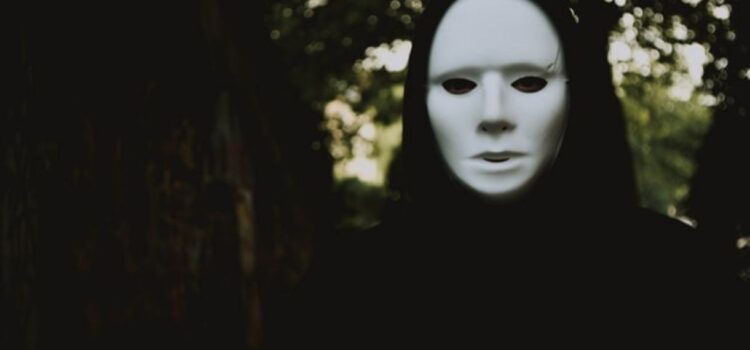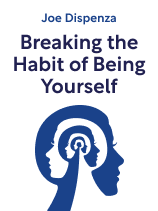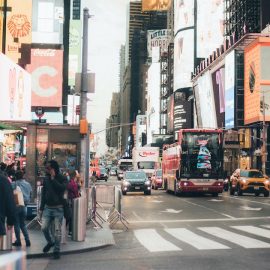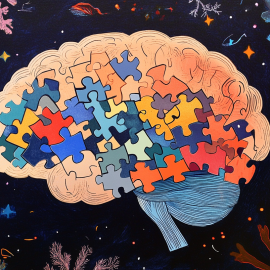

This article is an excerpt from the Shortform book guide to "Breaking the Habit of Being Yourself" by Joe Dispenza. Shortform has the world's best summaries and analyses of books you should be reading.
Like this article? Sign up for a free trial here.
Does your behavior in social situations reflect your true personality? Or do you hide behind a mask?
Everybody wears a mask to some extent. However, if the gap between who you are and who you present to the world is too great, you’ll eventually feel out of touch with yourself, which can lead to a psychological crisis.
Keep reading to learn about the psychological consequences of inauthentic behavior.
Presenting an Inauthentic Version of Ourselves
To some extent, we all present masks to the world. We’re unwilling to let others see our true emotions, so we hide them out of fear and pretend to be someone else. To make matters worse, we’re also afraid of letting people see the negative mental habits we’ve developed because they make us seem weak or damaged. Therefore, we create an external self to present to the world.
(Shortform note: Inauthentic behavior may be the result of a lack of self-esteem and an overdependence on esteem from others. By deriving our self-worth from how others perceive us, we build up a fear of rejection and judgment that causes us to behave the way we think others want us to behave rather than how our authentic self wants to behave. Some experts recommend embracing your vulnerabilities to overcome this dependence on others for your self-worth. This would allow you to present yourself to the world as you truly are.)
We distract ourselves from our true emotions by staying busy all the time, says Dispenza, and the external emotions from the things we do to stay busy temporarily make us feel like the mask is working. That makes our whole identity completely dependent on our external environment and out of touch with our inner selves, which leads to a feeling of emptiness.
Around our 30s or 40s though, that emptiness becomes hard to ignore, which leads to midlife crises. We seek out new external experiences to feel new emotions, but once those experiences are over we return to the same lives we had before, unchanged and still wearing the mask. Sometimes when these experiences fail to give us the new emotions we’re craving, we seek the emotions through addictions to things like substances, gambling, or shopping.
(Shortform note: The issue of seeking experiences to improve our lives and feeling empty when that doesn’t work may be exacerbated by social media and consumerism. Advertisements and posts on social media convince us that life consists of experiences, and those experiences are marketed to us as products. Unfortunately, research shows that the materialistic pursuits stoked by consumerism are associated with less happiness and life satisfaction. Understanding that life is made up of more than just experiences may help us avoid the crises Dispenza describes.)
Attempts to be more authentic will likely be met with resistance because others think of you in a certain way and don’t want you to change. We often form relationships around the emotions that comprise our masks. We bond with others over the emotions we share from similar experiences, so when one person starts shedding those emotions and embracing their true self, others in the relationship see a change in that person and think it needs to be fixed through medication or other interventions.
(Shortform note: Sometimes the people you love will resist the changes you make because they think it’s bad for you and they want what’s best for you. However, other times, a strong negative reaction from someone else to a positive change you make can be a sign of a toxic relationship. If your loved one demonstrates that they feel they should be in charge of what changes you make to your life, and they push for things like medical interventions in response to positive changes you make, consider that this person may be controlling and you may need to put some healthy distance between you and them.)

———End of Preview———
Like what you just read? Read the rest of the world's best book summary and analysis of Joe Dispenza's "Breaking the Habit of Being Yourself" at Shortform.
Here's what you'll find in our full Breaking the Habit of Being Yourself summary:
- How your habits are keeping you from growing
- How to unlearn your harmful habits to create a new you
- A four-step meditative practice to help you learn new habits






